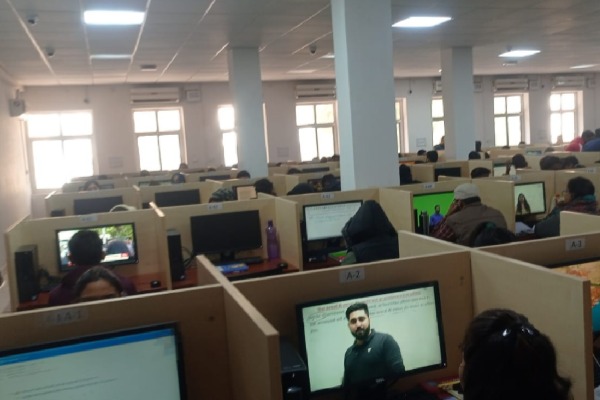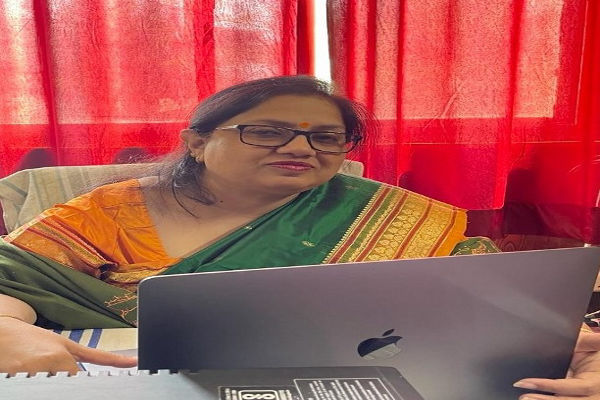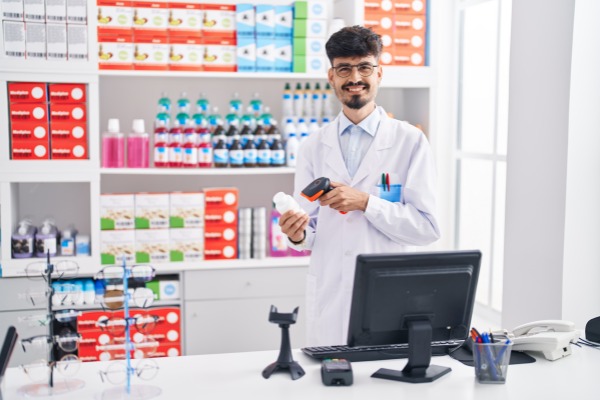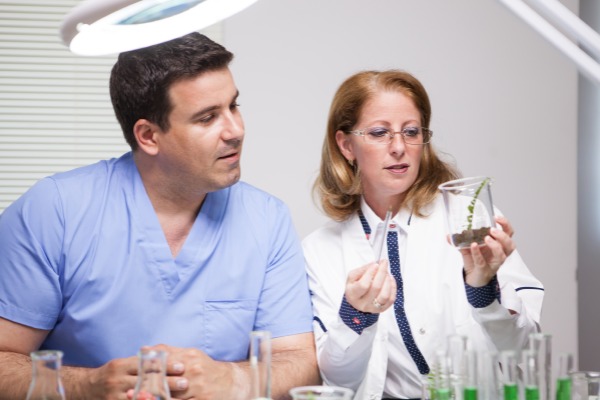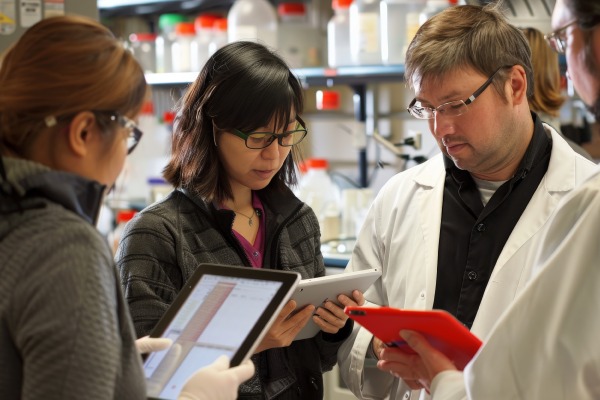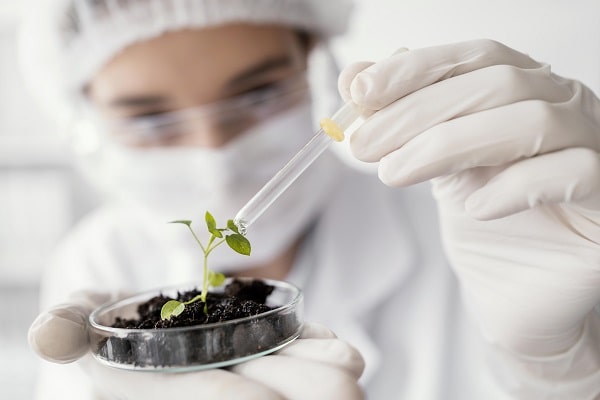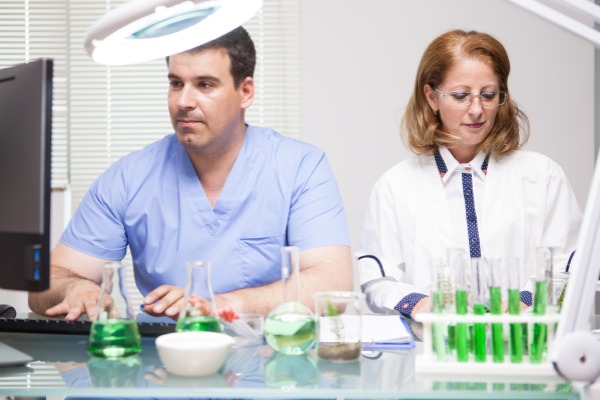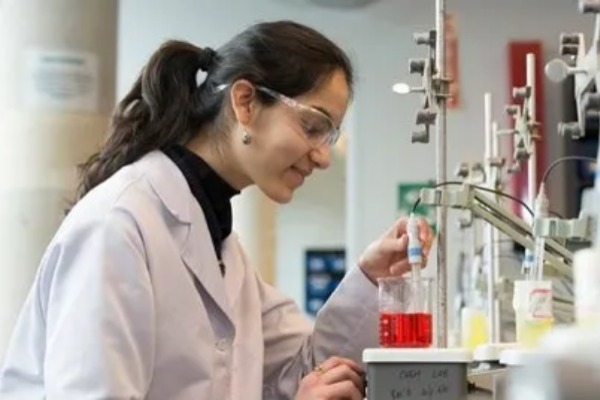
PharmD vs MBBS A Complete Guide on Eligibility Career Scope and Job Prospects
Choosing a professional degree in the healthcare sector is a big decision. Two of the most preferred options are PharmD and MBBS. Both are highly respected healthcare degrees in India offering rewarding job roles and long-term career growth. While one leads to becoming a physician the other builds expertise in pharmaceuticals and clinical practice. Understanding their differences can help you select the path that suits your interests and strengths. This blog covers all essential aspects of PharmD vs MBBS including eligibility course structure, job prospects and salary outlook. Let us simplify your career decision with facts that matter!
Choose the right future with Dr. M.C. Saxena Group of Colleges where excellence meets opportunity in healthcare education.
Table of Content
- Course Overview
- Eligibility Criteria
- Duration and Curriculum
- Career Opportunities
- Salary Comparison
- Quick Facts about PharmaD and MBBS
- Final Thoughts
- Frequently Asked Questions
Course Overview
PharmD is a six-year professional doctoral program in pharmacy. It focuses on clinical practice pharmaceutical care drug therapy and patient counselling. Students learn through classroom training laboratory practice and clinical internships.
MBBS is a five and a half year degree in medicine and surgery. It is designed for those who want to become licensed physicians and work in hospitals, clinics or research.
Both courses offer distinct roles in the healthcare system. Understanding MBBS vs Doctor of Pharmacy helps students pick a program based on interest and aptitude.
Eligibility Criteria
PharmD Eligibility
- Must complete 10+2 with Physics Chemistry and Biology or Mathematics
- Minimum of 50 percent aggregate marks in science subjects
- Admission may be through entrance exams like GPAT or institute-level tests
MBBS Eligibility
- Must complete 10+2 with Physics Chemistry and Biology
- Minimum 50 percent marks in science subjects for general category
- Must qualify NEET UG exam conducted by NTA
There is a clear difference between PharmD and MBBS in terms of entrance requirements. NEET is mandatory for MBBS but not always for PharmD.
Duration and Curriculum
PharmD Duration
- Total course duration is six years
- Includes five years of academic study
- One year of compulsory internship in a hospital or clinical setting
MBBS Duration
- Total course duration is five and a half years
- Includes four and a half years of academic study
- One year of compulsory rotating internship
While both require hands-on training MBBS involves more focus on diagnosis and surgery. PharmD focuses on drug efficacy, safe usage and therapeutic care.
Career Opportunities
Both degrees offer broad career paths but lead to different professional roles.
Career After PharmD
- Clinical Pharmacist
- Drug Safety Associate
- Medical Writer
- Hospital Pharmacist
- Clinical Research Associate
Career After MBBS
- General Physician
- Surgeon
- Medical Officer
- Public Health Specialist
- Researcher in medical science
The scope for a career in the medical field depends on the course. MBBS graduates are eligible to practise medicine while PharmD graduates can work closely with physicians in therapeutic guidance and drug management.
Salary Comparison
The average starting salary varies depending on the role experience and location.
Pharmacy vs Medicine Salary Overview
- PharmD graduates may earn around INR 3 to 6 LPA initially.
- MBBS graduates may start with INR 6 to 10 LPA after a house job.
- With higher education or specialisation both can earn significantly more.
While MBBS offers higher initial pay, PharmD professionals find better roles in pharmaceutical companies, clinical research and international healthcare services.
Quick Facts about PharmD and MBBS
PharmD (Doctor of Pharmacy)
- Number of Graduates per Year: Approximately 700 PharmD students graduate in India annually. (Source: IJRBP, an overview about pharmacy education in India)
- Total Number of Pharmacists: India has over a million pharmacists, with about 8 lakh (800,000) registered pharmacists.
Distribution of Pharmacists:
- Community Pharmacy: ~55%
- Hospital Pharmacy: ~20%
- Industry & Regulatory: ~10%
- Academia: ~2%
Employability/Job Readiness in Pharma Sector: According to the India Skill Report 2022, the employability in the pharma sector saw a slight improvement to 44%. This suggests that while there are graduates, a significant portion might require further skill development to be fully "job-ready" as per industry expectations.
MBBS (Bachelor of Medicine, Bachelor of Surgery)
- Number of Medical Colleges: As of 2024, India has over 750 medical colleges.
- MBBS Seats: Approximately 92,000 MBBS seats are available across various medical colleges in India as of 2023.
- Annual Graduates: Each year, around 70,000 to 80,000 students graduate with an MBBS degree in India. This figure is an estimate based on the total number of seats and the typical graduation rate.
Final Thoughts
Choosing between PharmD vs MBBS depends on your passion and professional goals. If you wish to treat and diagnose patients, MBBS is the right choice. If you are inclined towards medication management, clinical pharmacy, or research, PharmD offers the perfect path. Both careers play a vital role in the healthcare system and offer long-term success.
Begin your journey in healthcare with confidence. Dr. M.C. Saxena Group of Colleges invites aspiring students to take admission in its industry-focused medical and pharmacy programs. With over 40 years of academic excellence and a strong alumni network, the college equips you with the skills and knowledge to thrive.
- Email: atmcscet@rediffmail.com
- Call Now to Take Admission: +91 9936052233
Frequently Asked Questions
Q1. Which is better, PharmD or MBBS?
A.It depends on your career goal. Choose MBBS to become a doctor. Choose PharmD if you are interested in clinical pharmacy and drug therapy.
Q2. Does PharmD have scope in the future?
A. Yes. With growing demand for clinical pharmacists and drug safety experts, PharmD offers strong career opportunities in hospitals, research, and pharma companies.
Q3. What are the job opportunities after PharmD?
A. You can work as a clinical pharmacist, drug safety associate, medical writer, pharmacovigilance expert, or clinical research associate in hospitals or pharmaceutical firms.


